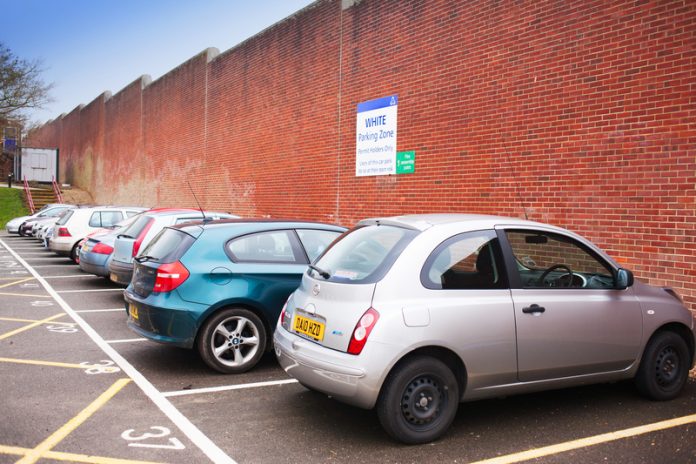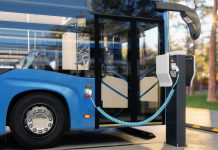Paul Moorby, CEO Chipside, discusses how parking technology will help streamline transport digitisation in the next steps towards smart city adoption
By 2021 spending on smart city tech is forecast to hit $135 billion. Smart cities initiatives have provided the catalyst for urban communities to become more resilient, responsive and sustainable. With transport digitisation considered a next step towards smart city adoption, streamlining public parking services will help local authorities manage growth and expansion, turn cost into profit and drive change in a risk-averse market.
Consider congestion. While busy roads could be an indicator of an active and vibrant urban environment, they have a negative impact on a city’s economic growth. Businesses can be hindered by traffic on main roadways delaying freight deliveries or and creating a workforce made up of stressed commuters. Transport data firm Inrix calculated the average UK driver loses £1,317 each from congestion and wastes an average total of four days every year looking for a parking space at their final destination. In fact, it is estimated 30% of city traffic is people looking for parking.
Digitalisation, new technologies and big data have the potential to change the way traffic flow and parking is organised and managed in cities, generating business opportunities at the same time.
Park the problem
To date, parking has experienced a lack of innovation. However, parking strategy represents a key point of contact between local authorities and constituents and creates a significant amount of data that could influence future traffic and transport policy.
Expanding and transforming a city’s ageing parking infrastructure to meet the demands of a growing and increasingly mobile population – while driving lasting improvements to the quality of service – is a challenge. However, cashless and mobile parking could prove a good place to start.
A mobile solution
According to UK Finance, 2019 will be the year debit cards overtake cash as the most frequently used payment method. And while fewer people are using cash, more people have access to a mobile phone than ever before. In 2019 the number of mobile users is forecast to reach 4.68 billion.
Hundreds of local authorities now give citizens and local businesses the ability to pay for parking and permits using mobile, telephone or the Internet. By facilitating mobile payments in their car parks, local authorities can reduce costs and increase revenue – decreasing reliance on physical parking equipment and spending less on cash collection and machine maintenance.
Removing the hassle of coins and improving the communication between local authorities and users will go some way in increasing customer satisfaction.
With mobile parking payments customers also have the freedom to pay for the minimum time they may need to park for but call to extend this from anywhere should they need to top up. There is no need to sprint back to the car with the right change to avoid a ticket.
Pay, park and go
When booking a train journey, flight, or entry to a concert, mobile ticketing offers customers a quick and efficient way to book and plan travel or entertainment. In addition to local authorities could see similar user satisfaction from motorists in their area should they adopt mobile parking strategies, local authorities could adopt technology to enable residents, businesses and visitors to renew and manage parking permits.
Many parking licenses and permits are still handled through old fashioned methods and it is not uncommon for citizens to be forced to visit a local city office to apply for a simple residential parking permit. By digitising operations, local authorities can deliver a quicker more efficient application and purchase process for residents where permits can be purchased online and deemed valid for use almost immediately. In cities notorious for having overstretched public parking areas – including London, Bath and Brighton – a streamlined, and user-friendly permit offering transforms public opinion.
As UK cities race to be smarter, it is critical local authorities invest in the technology that will most benefit its people. With congestion and parking being a top pain point for most urban environments, any digital technologies that can help reduce these stresses will prove invaluable for city businesses, residents and the credibility of local authorities when listening and responding to citizen concerns. Mobile parking and permit solutions are a small part of the puzzle in helping cities to operate more efficiently, manage their growth and drive return on digital investment.












Smart Parking is a great technology, It’s really an honor to read the Information present on the blog. Please keep sharing, I look forward to reading more.